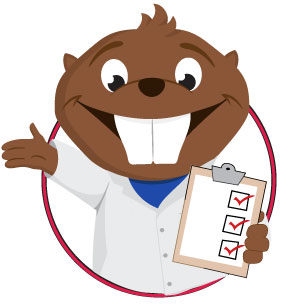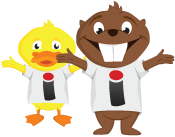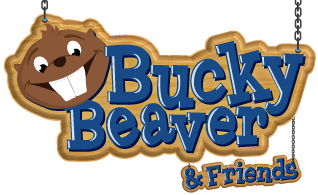Baby's First Visit
The initial dental visit is recommended before your child's first birthday. This first visit will help your child become familiar with the dental office and meet the dentist and dental Hygienist. It also provides an opportunity for you to learn more about children's oral health and how to help them brush and floss at home. After the first visit, regular dental hygiene appointments are important to help prevent dental disease and to monitor tooth development. The frequency and duration of appointments will depend on the child's age and needs.
Tips to prepare for your first visit
- Read a children's book about a trip to the dentist.
- Take them along when a sibling or friend has a dental visit. Let them meet the dentist and hygienist.
- Don't let your child know you feel any anxiety about going to the dentist yourself. Young children have no reason to expect fear or pain at a dental visit. Often times, parents and adults can unknowingly project their own personal fears or anxieties onto children.
- Prepare your child by telling them that the dentist and hygienist will look in their mouth and count their teeth without adding words like "it won't hurt" or "don't be afraid". These phrases are intended to sooth and comfort, but will only create anxiety.
- See that your child has a good night's sleep before the dental visit and try to book a morning appointment.
Subsequent dental appointments will include further examination of teeth and gums. In some cases teeth may need to be cleaned (scaled) to remove built-up plaque (bacteria) and hardened plaque (calculus). If teeth are stained they may be polished. Fluoride treatments will depend on the child's risk for cavities. Dental hygienists will provide home care suggestions on brushing, oral care products and proper nutrition. Be sure to discuss any concerns or changes in the condition of a child's mouth (e.g., chipped tooth, discolouration, bleeding gums, pain) with a dental professional.






